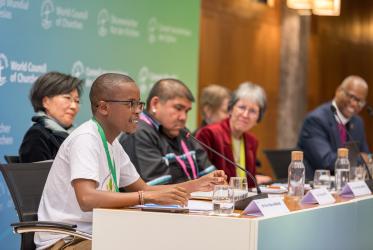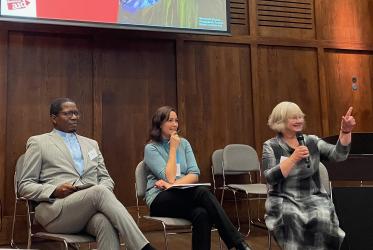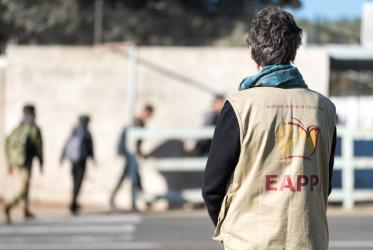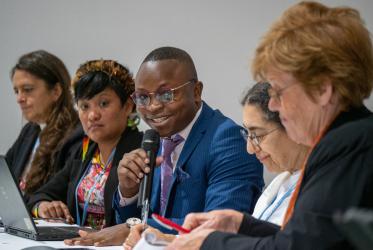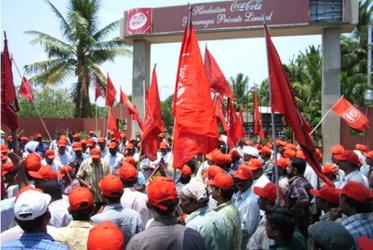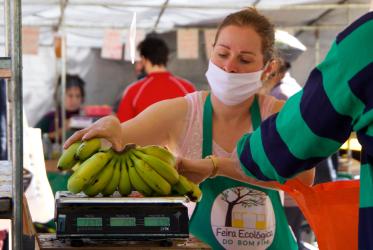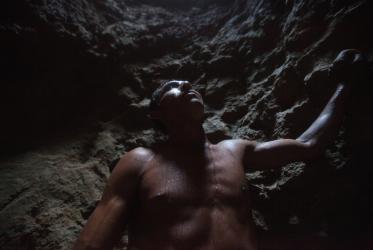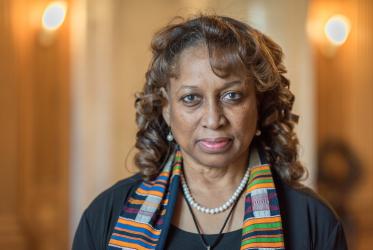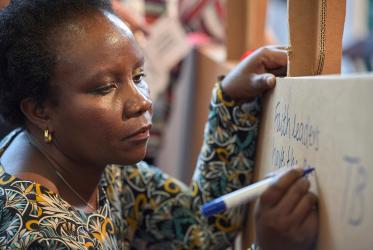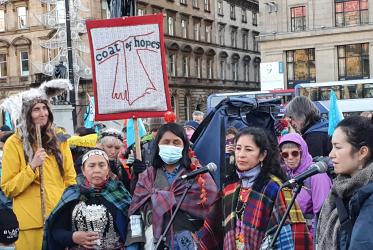Displaying 1 - 20 of 122
WCC prayer on overcoming racism “based on love for all”
28 March 2024
WCC president from Europe reflects at Christian Aid assembly
21 November 2023
COP side event explores how to deliver on the promise of adaptation
16 November 2022
Ukraine: Responding to humanitarian need
08 September 2022
Groundwater is “a political question”
27 April 2022
Groundwater: a hidden treasure we need to protect, say EWN members
28 February 2022
Rev. Dr Angelique Walker-Smith receives Figel Ecumenism Award
25 February 2022



